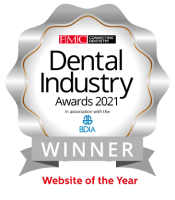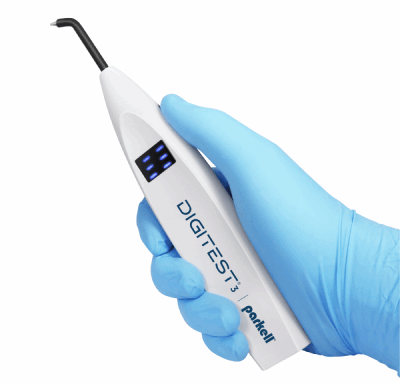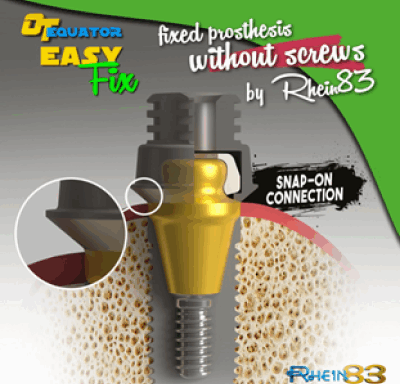You CAN’T bond to Zirconia like you can to porcelain?
Busting Myths with BISCO

It is possible to get the same bond strength to zirconia as you can to porcelain, but only if the proper surface treatment is used. Initially, Cojet and silane treatment was the recommended protocol for bonding to zirconia, but BISCO studies showed that sandblasting with Cojet was ineffective at permanently embedding zirconia surfaces with ceramic particles, which could be rinsed off with water spray. In addition, studies showed that zirconia is contaminated with phosphates ions (found in salvia) during try-in, and if the surface is not decontaminated, restorations would not chemically bond and may result in de-bonding.
Good chemical bonding to zirconia is achieved between MDP and zirconia ions via an addition reaction. This bond between zirconia and resin is as strong and stable over time as the bond provided by silane to glass ceramics. In fact, data shows that the long-term durability of the chemical bond to zirconia is more stable that the silane to glass ceramics.
You shouldn’t place resin directly on a pulp exposure?
All resin (monomers) are toxic/irritants, and if the resin is not light-cured properly, it can be toxic to pulp tissue. However, an alkaline material that is properly polymerized has been proven to have a therapeutic effect and achieve a positive response from the pulp. On the other hand, RMGI contains resin and polyacrylic acid, which is intrinsically acidic. This acidic of RMGI can generate a detrimental response from the pulp and should not be used for direct pulp capping.
You must use products from ONE company in order to ensure compatibility?
Compatibility between adhesives and restorative materials are not brand dependent, but pH dependent. In general, all L/C adhesives will be compatible with L/C composites. However, any adhesive that has a pH less than 3 (highwater content) will not be compatible with any dual-cured (or self-cured) material without a separate activator. The low pH will inhibit proper chemical polymerization, this leading to low bond strengths.
Copyright © Prestige Dental Products UK Ltd 2025
Registered in England, UK no. 2391338. VAT no. 5580015.





